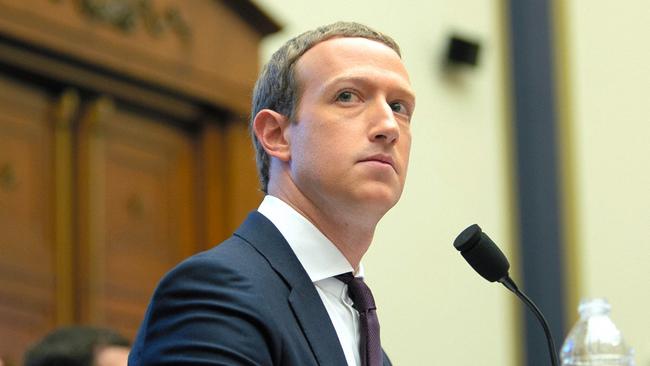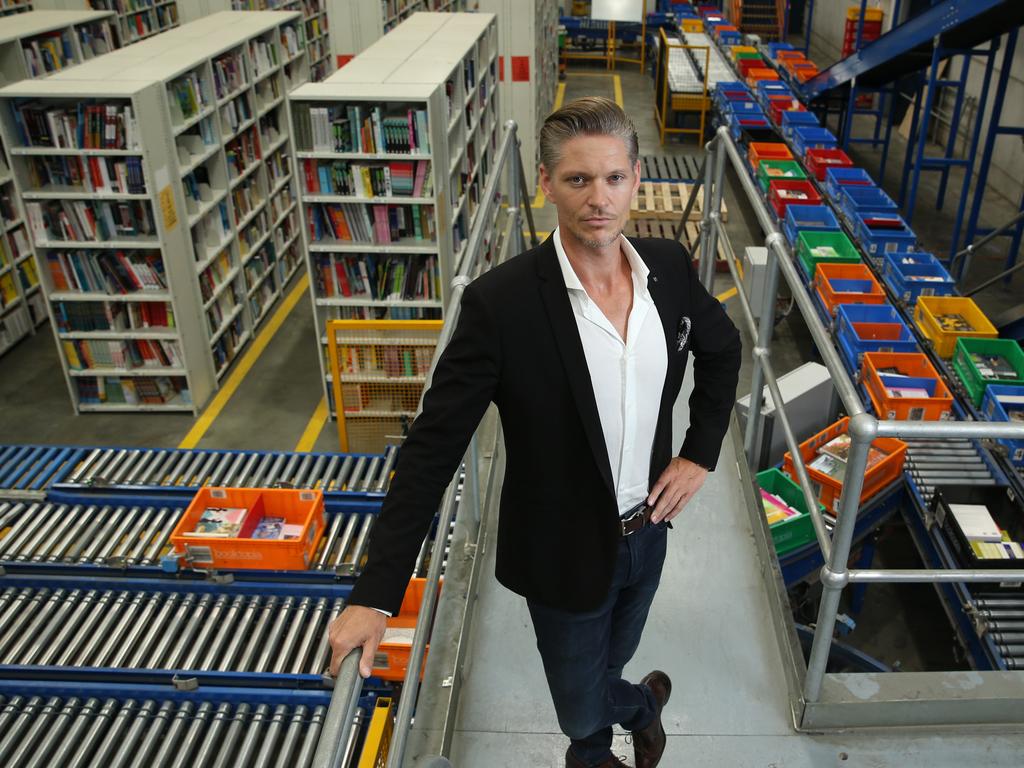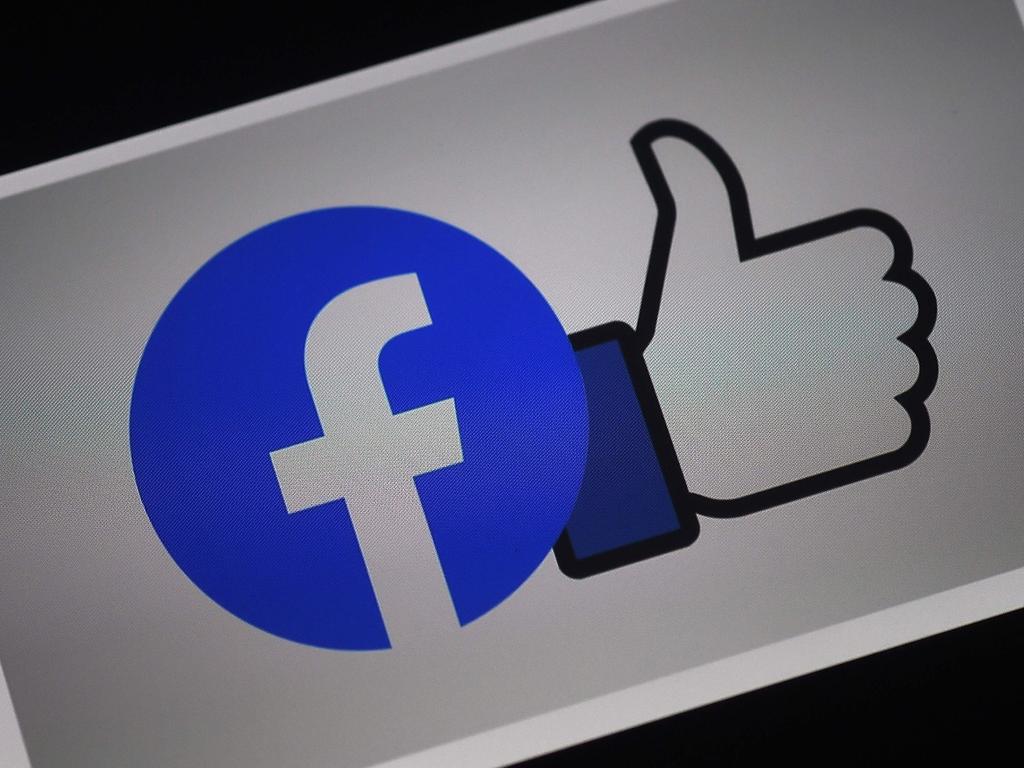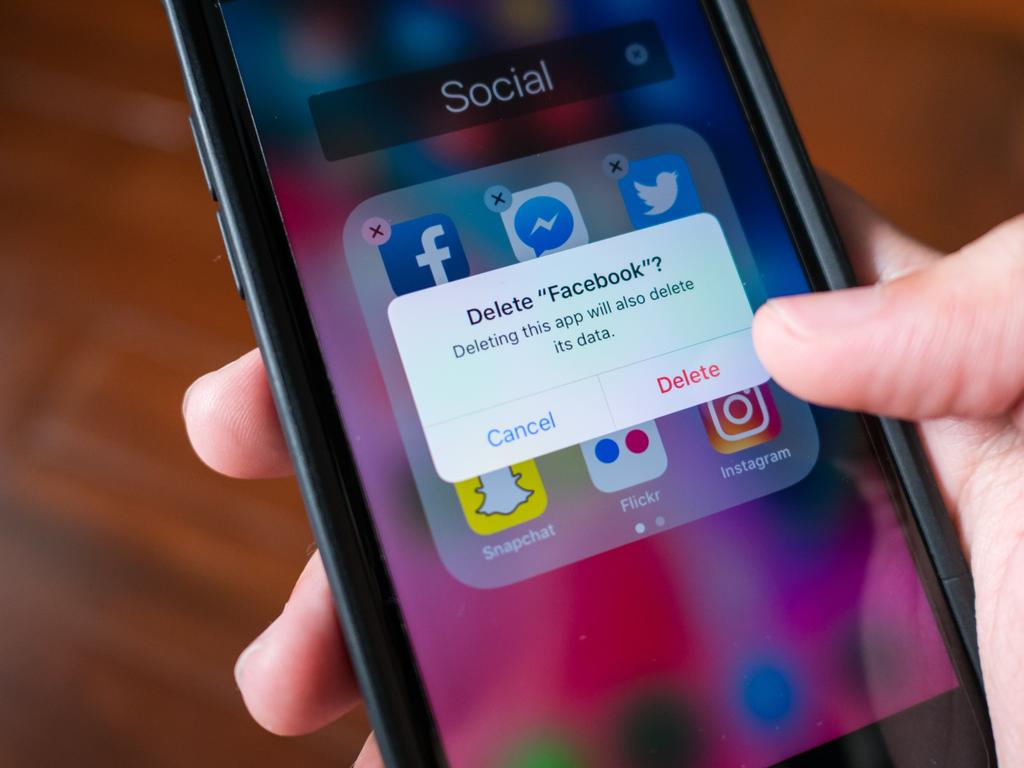We must de-claw Facebook and set example to world

It really shouldn’t be surprising when you look at the dark historical picture of how Facebook has contributed to a decline in standards of decency and democracy around the world, and the manner in which it has responded with only cosmetic changes to its practices and policies. What Facebook’s conduct has served to underline, though, is the question of just what kind of role it should play in Australia’s media landscape — if any.
The strength of any democracy is about its citizens being willing and able to converse frankly and honestly about its problems, its future, and sharing a set of facts in forums through which they can be discussed. The Facebook newsfeed has gradually moved in a direction that deprives us of this.
For too long it has starved journalism of the funding that news outlets, particularly local ones, depend on. It has played a major role in gradually undermining our collective ability to distinguish between what is true or false, who can be trusted, and our ability to converse and deliberate in science, fact and reason.
It shouldn’t be forgotten that although people log onto Facebook as a service with an offering that includes news, the emotional reality is that often people leave feeling down. In effect, people are using Facebook not to go out into the world and learn about it, but how to feel about it.
Reading the Facebook news feed sometimes felt to me like having every screen, speaker and phone on with each playing a different image or sound at a high decibel. It was a cacophony of distractions that were either trying to entice me or divide me. By design, this is everything the Facebook news feed wanted. It is centred upon a crude calculation driven by clicks, shares, likes and comments, which Facebook uses to amplify content to generate strong emotional reactions.
Academics have been working to determine the impact Facebook and other social media platforms have on people and democracy.
While the full impact isn’t yet clear, it is apparent that it plays a role in influencing people differently in their “filter bubbles” — a unique universe for each user or group on social media created by their likes, shares and comments — and warping collective perceptions of facts and science.
It also undermines the role of journalism in combating this problem by depriving smaller and localised news outlets of a chance to prosper through the receipt of reasonable payment for their work. Policy interventions and regulations, including those under the mandatory media bargaining code, can mitigate the power and consequential damage Facebook does both socially and economically.
But it is unlikely to completely address the deep and systemic problems at play given it is a global monopoly. That is plain by Facebook’s reaction on Thursday, which evidences its willingness to crush anything that threatens its dominance, even Australia’s government. The fact is that Facebook is unlike anything we have seen before in human history. It has access to almost 2.7 billion people at once, and nothing has had more influence on people, their relationships, their knowledge and their beliefs, than this platform. While we cannot blame Facebook for all of the world’s problems, it is plain that it has a compounding impact on what lies below the surface.
There are several foundations, academics and investors experimenting with new digital platforms and civic-led journalism groups that don’t have the same purpose as social media platforms such as Facebook.
One of their aims is to remove the ability for a user to self-isolate in a filter bubble. Emerging platforms like these deserve our attention as they could present a model that fosters respect in public discourse, diversity in our media landscape and support for the role of the fourth estate.
Australia is the first country to take the step of imposing a media bargaining code on Facebook (and other platforms). Facebook’s reaction is the trigger we needed to acknowledge the problems with its core business model, and to find new and better ways to invest and reinvest in a diverse media landscape. If we get this right we offer an example to other countries as well.
Jane Buncle is a barrister and a member of the NSW Liberal Party in Warringah.






I think almost everyone would concede now that the power of Facebook, and the temptation to harness it purely for its own bottom line, rather than the greater good, has become all too strong for Mark Zuckerberg.